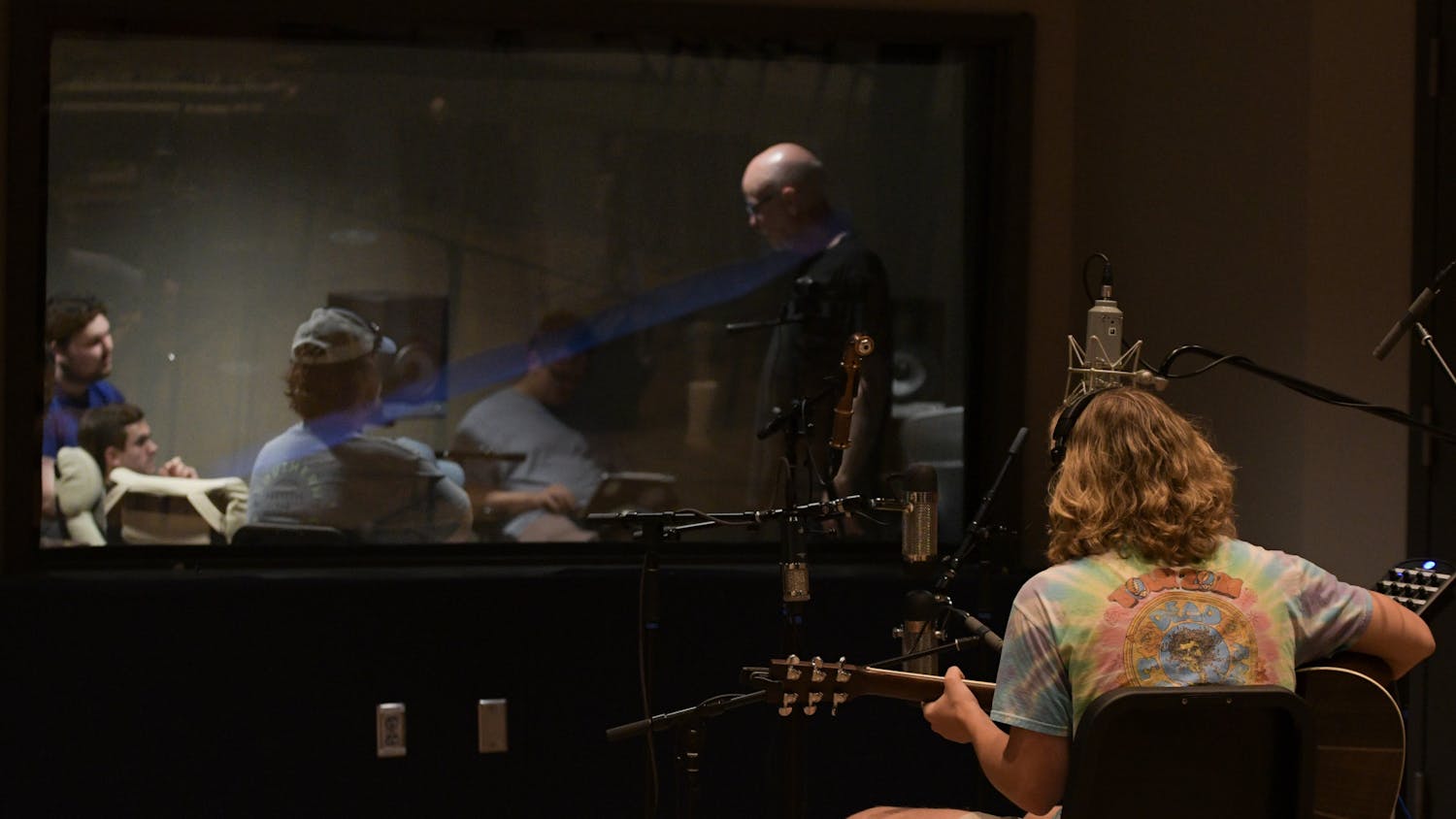SGA has finalized the syllabus bank after several years of postponing and delays.
EVP of Initiatives Trey Fields took the time to explain the concept behind the syllabus bank in depth as well as the current status of the project.
“The idea is to create a database full of old syllabi that will allow students to access it, so if you have an AU Access account, you can search a course, look at instructor A vs instructor B, and pull up their syllabi from one or two years ago,” Fields said. “The goal is to help students make more informed choices of classes.”
The project has been in the works for several years now, Fields said.
“The past three SGA administrations pushed [the project] hard,” Fields said. “It originally passed though the student senate up to an executive committee, and this year we’ve had the time and the focus to really hit it hard.”
Fields said the project has also received support and funding from a great deal of Auburn’s faculty.
“We have the support of the Office of the Provost, and they’re helping to fund [the project],” Fields said. “Last night we voted on a reserve fund request for $8000, and the SGA will be footing half of that, while the Provost will be footing the other half. We really think having the SGA help fund the project ourselves shows the dedication we have to the project.”
Fields also responded to some potential criticisms of the syllabus bank project.
“There’s always going to be pushback with any new project, but we have the support of the Office of the Provost, the deans, and several of the department heads,” Fields said, “so that should encourage some of the professors who might want to hold their syllabus close to their chest, or who may consider it intellectual property. We’re really confident that, even if it takes a bit, the support will trickle down in each department.”
Fields said SGA and University faculty also hope to energize Auburn’s different departments through the implementation of the syllabus bank.
“It’ll hopefully be an accountability measure to promote some healthy competition between the colleges,” Fields said. “For example, I’m in the College of Human Sciences, and if I log onto the syllabus bank, I can see the participation rate in my department. So I can see if the participation rate for Human Sciences is 40%, while for Agriculture it might be 80%. We want every department to strive for 100%.”
The syllabus bank project has become a focal point for the SGA this school year, Fields said.
“It’s been in the works for around four or five years now." Fields said. "Some colleges already have a system like this, like the College of Business, but we really think all students should have access."
Do you like this story? The Plainsman doesn't accept money from tuition or student fees, and we don't charge a subscription fee. But you can donate to support The Plainsman.



